Palestinian detainees continue boycott of Israeli courts for 44th day
Palestinian detainees imprisoned under Israel’s so-called policy of administrative detention continue their boycott of the Israeli military courts for the 44th consecutive day.
Palestinian detainees say their move is a continuation of longstanding Palestinian efforts "to put an end to the unjust administrative detention practiced against our people by the occupying forces."
The boycott includes the initial hearings to uphold the administrative detention order, as well as appeal hearings and later sessions at Israel’s so-called supreme court.
Palestinian prisoners also maintain that Israel’s use of administrative detention has expanded in recent years and many women, children and elderly people have been incarcerated under the thorny policy.
Under the banner, “Our decision is freedom … no to administrative detention”, at least 500 Palestinian prisoners have so far registered their protest against the controversial policy by refusing to show up for their military court hearings since the beginning of the year.
The detainees in an earlier statement described the courts as a “barbaric, racist tool that has consumed hundreds of years from the lives of our people under the banner of administrative detention, through nominal and fictitious courts – the results of which are predetermined by the military commander of the region”.
The Supreme Leadership Council of the Palestinian Islamic Jihad prisoners recently announced the start of a mass protest by imprisoned members of all Palestinian resistance groups and political factions in protest to the escalating repression by Israeli prison authorities.
The council, in a statement released on Saturday, paid tribute to Palestinian prisoners and declared the beginning of the Third Intifada, stating that the popular and concerted action has started off at Israeli prisons and detention centers, will prevail in Israeli-occupied Palestinian territories, and will continue until the final victory is achieved.
There are reportedly more than 7,000 Palestinians held at Israeli jails. Hundreds of the inmates have been apparently incarcerated under the practice of administrative detention.
Critics say Israel uses the policy of administrative detention to silence the voices of Palestinians but lacks any concrete evidence that could be presented in an open, military court. Palestinians say administrative detention is a whole other level of injustice.
Rights groups describe Israel’s use of administrative detention as a “bankrupt tactic” and have long called on the regime to bring its use to an end.
Palestinian inmates regularly stage hunger strikes in protest at both the administrative detention policy and harsh prison conditions.
Administrative inmates in Israeli jails say going on hunger strike is one of their few options to make their voice heard and force Tel Aviv to end this illegal policy.
The Israeli Prison Service (IPS) keeps Palestinian prisoners under deplorable conditions lacking proper hygienic standards in Israeli jails.
Palestinian inmates have also been subjected to systematic torture, harassment and repression all through the years of Israel’s occupation of the Palestinian territories.
According to the Palestine Detainees Studies Center, around 60% of the Palestinian prisoners detained in Israeli jails suffer from chronic diseases, a number of whom died in detention or after being released due to the severity of their cases.
Russia: Threats of using military force against Iran’s nuclear sites ‘unacceptable’
VIDEO | Ramadan in Iran
VIDEO | Trump's controversial moves
VIDEO | Yemen downs 15th sophisticated American drone; vows to keep up support for Gaza, Lebanon
Power generated by Iran’s only nuclear plant at over $8bn: Report
Israel’s Ben Gvir to Netanyahu: Bomb aid deliveries into Gaza
VIDEO | Israel seizes administration of Ibrahimi Mosque, sparking Palestinian outrage
UN envoy warns Israel against ‘unacceptable’ military escalation in Syria


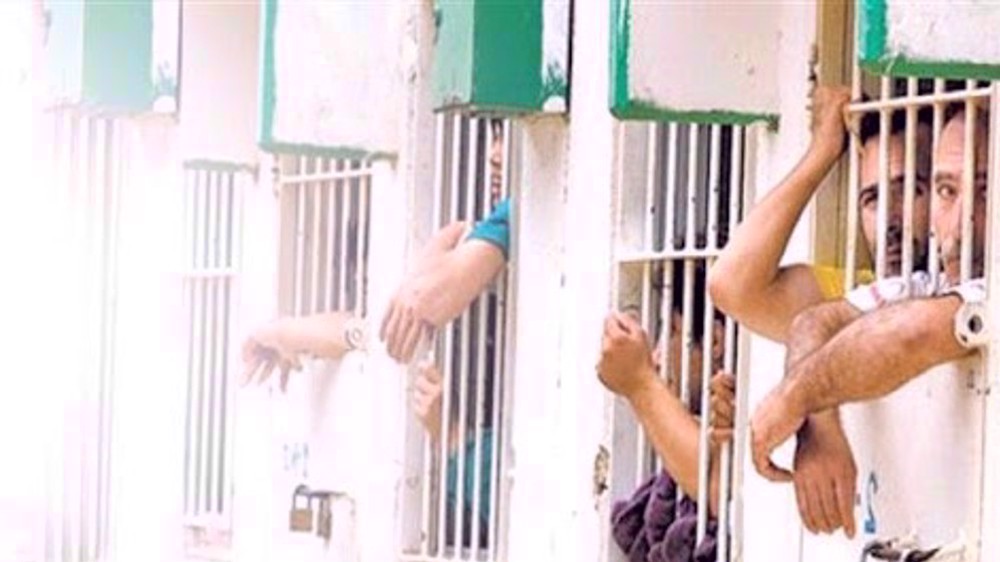
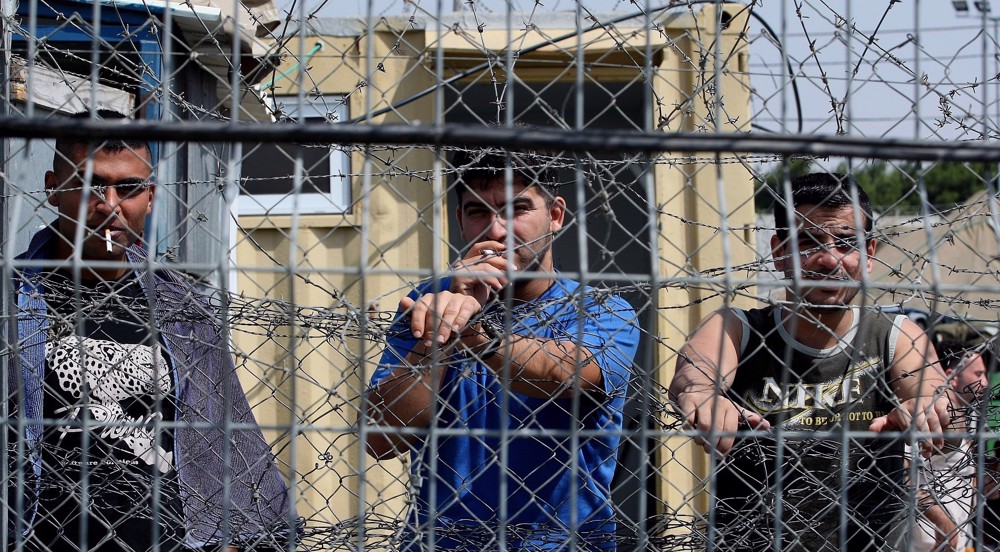
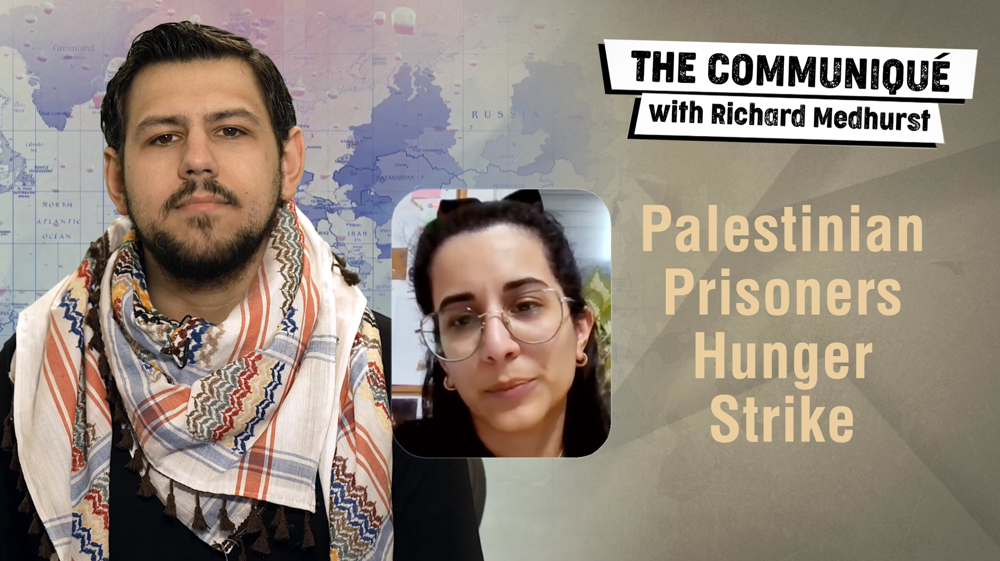


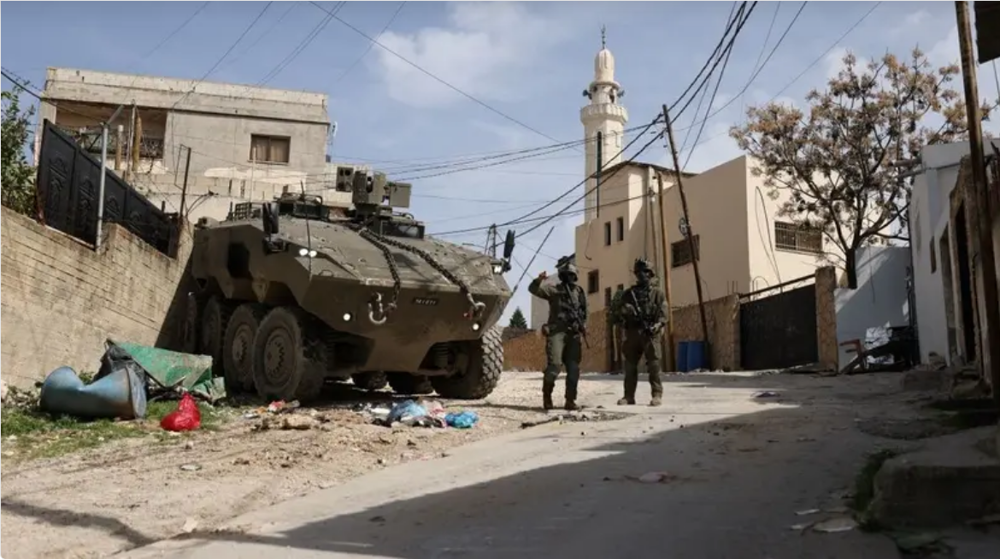



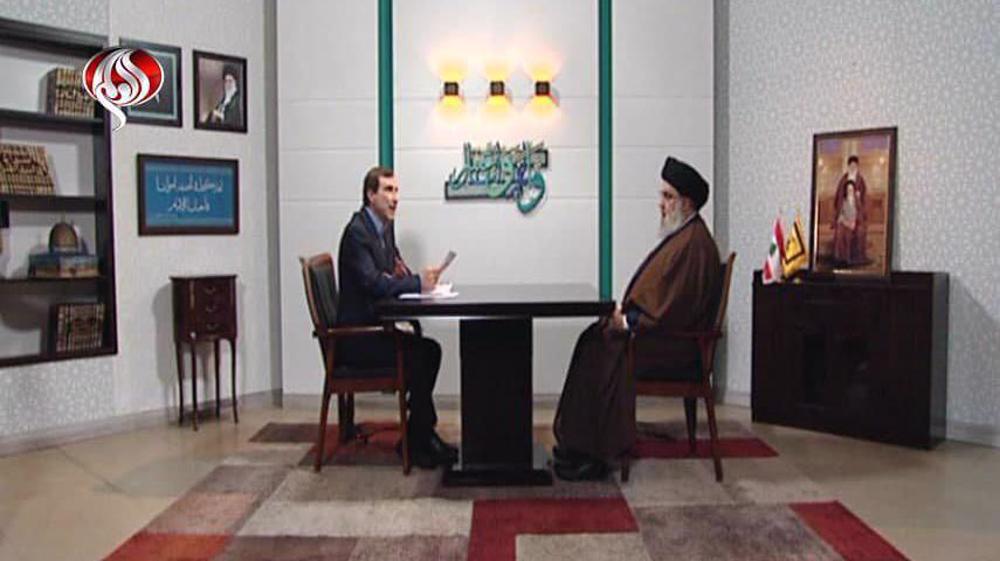
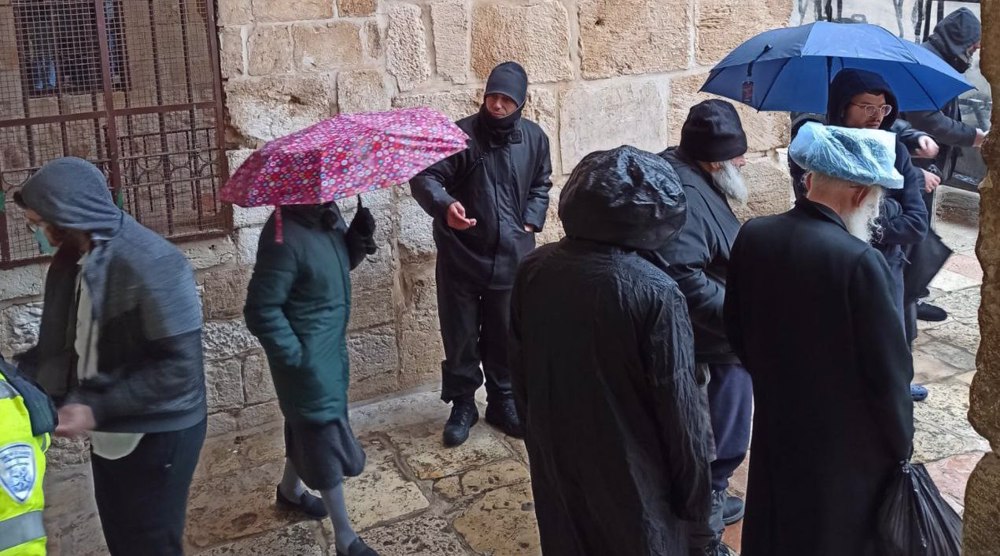

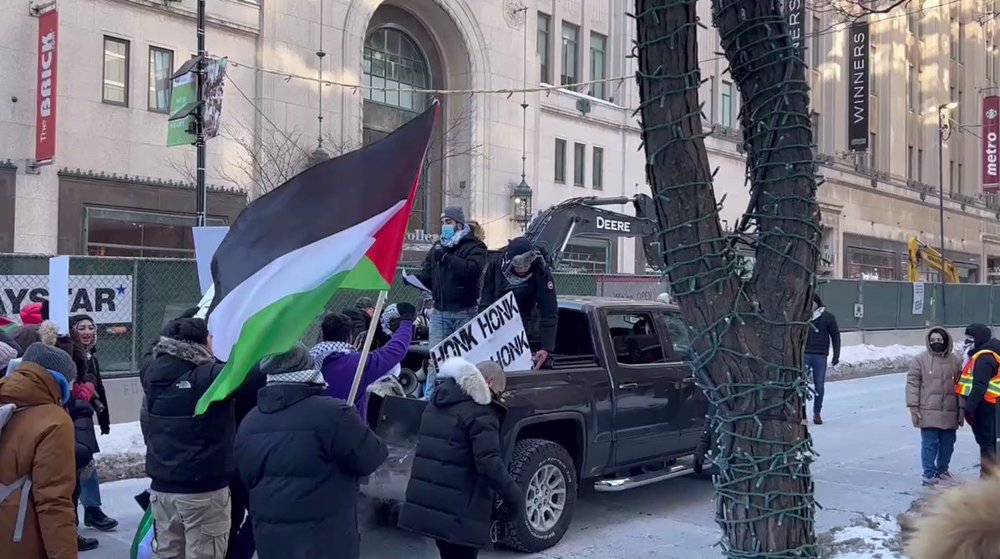
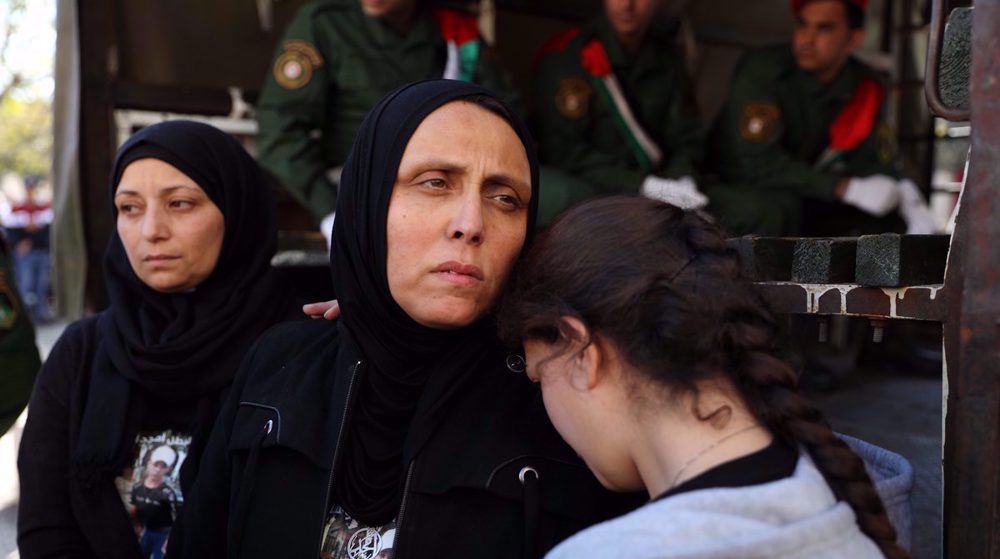
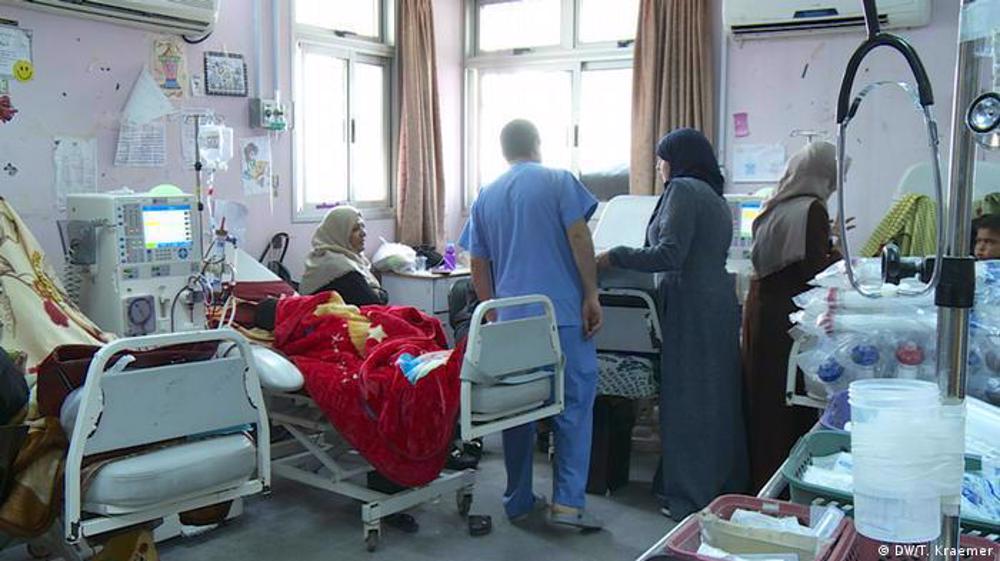


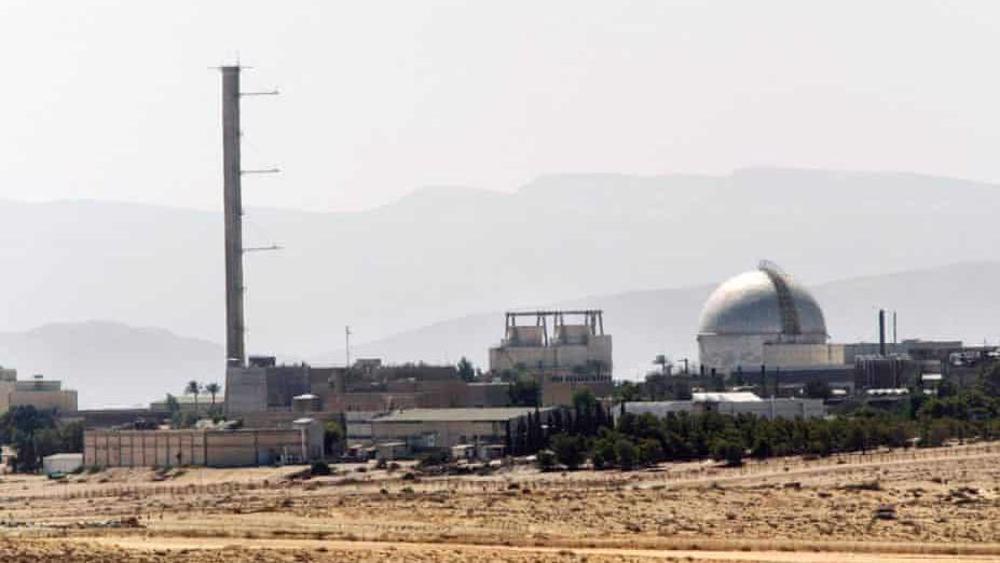

 This makes it easy to access the Press TV website
This makes it easy to access the Press TV website